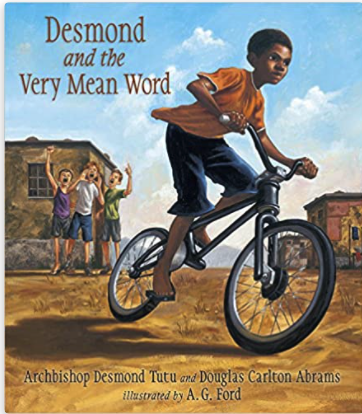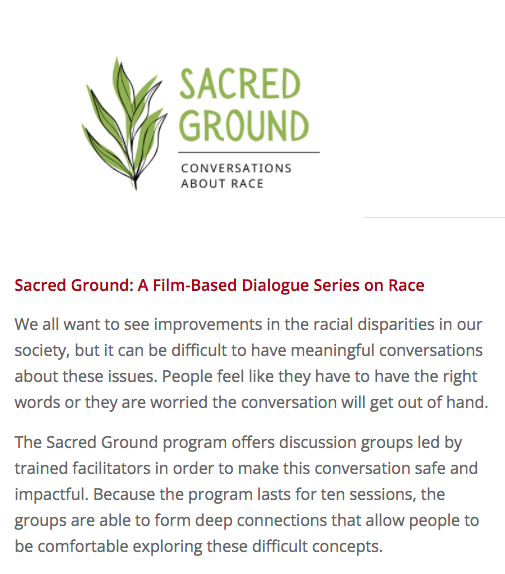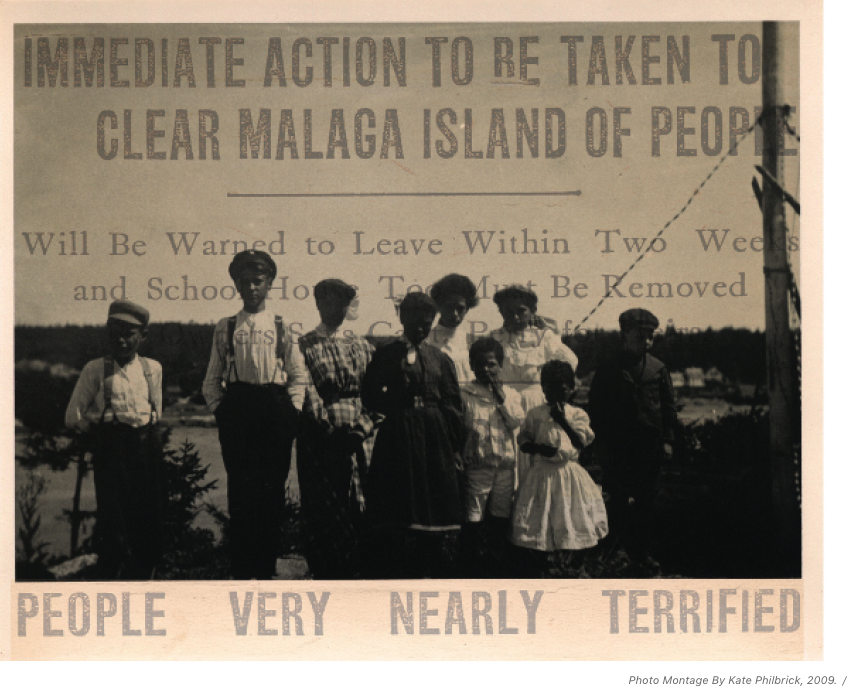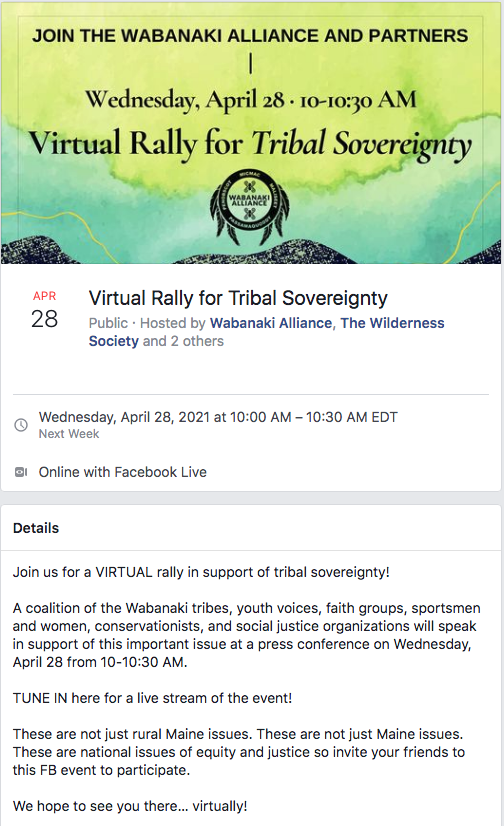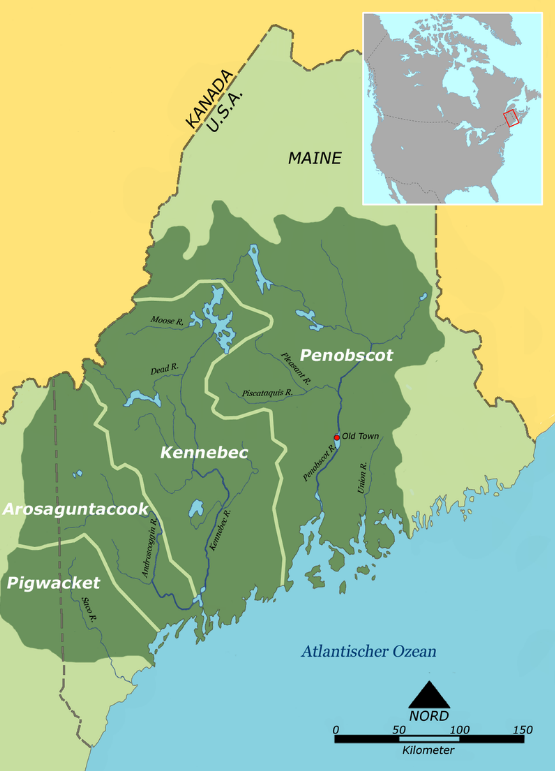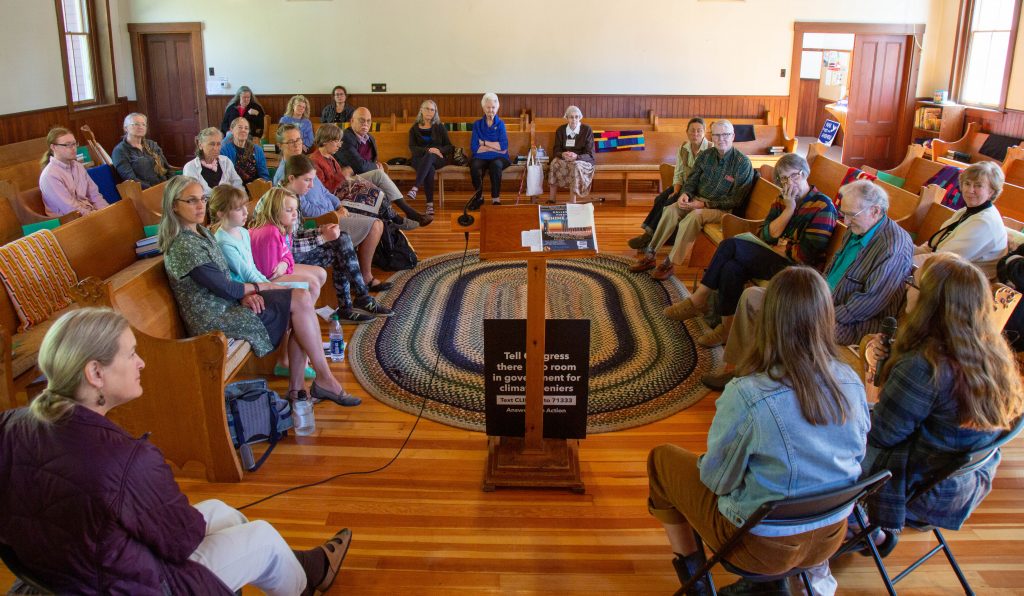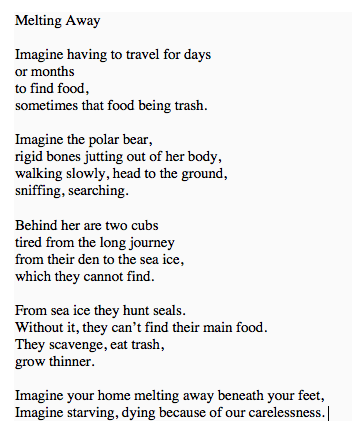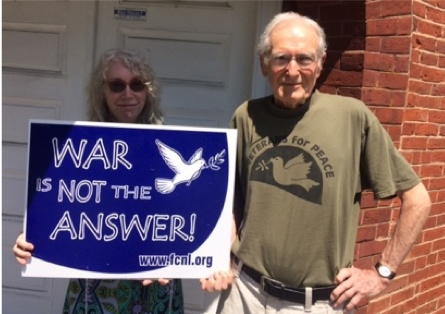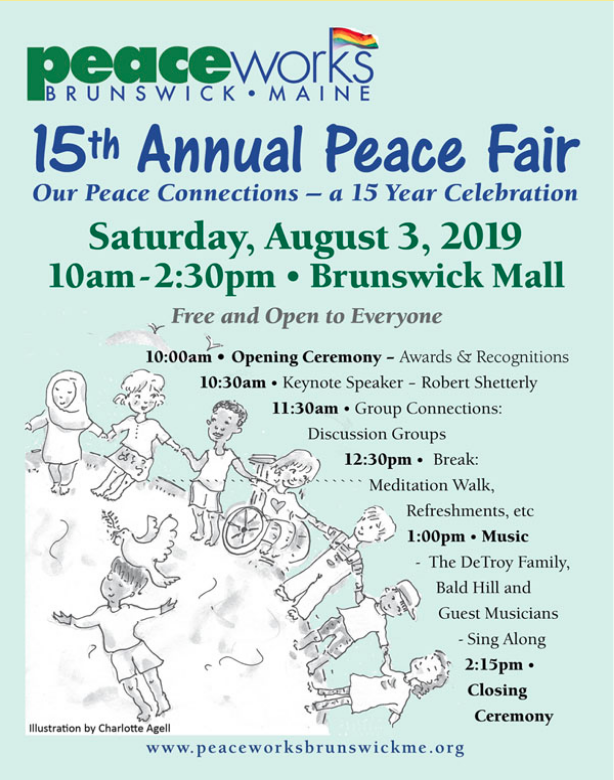Message given at Durham Friends Meeting, August 9, 2020
“Each year, hundreds of Quakers from across New England and beyond join together for worship, fellowship and seeking how God will guide us in meeting for business. Having first gathered in 1661, in 2020 New England Yearly Meeting of Friends celebrated 360 years of journeying together as a community of faith and witness.
Annual sessions provided many opportunities to connect with Friends old and new: vibrant youth programs, adult small groups for interpersonal connection, encouragement, and spiritual exploration, discernment of how Quakers in New England are led by the Spirit to act and serve, and guest speakers offering explorations of the Bible and sharing ministry responding to our condition and the challenges of our times.” New England Yearly Meeting Web site.
We gathered over zoom to share ideas, to share stories, to share an apology, to encourage breathing, to be invited, by Amanda Kemp, to move into the heart when facing racial injustices and move toward restoration, to learn of the interrelationship of ecology and theology with Cherice Bock.
Amanda is the bestselling author of ‘Stop Being Afraid! 5 Steps to Transform your Conversations about Racism’, and ‘Say the Wrong Thing’, a collection of personal essays about racial justice and compassion.
Cherice Bock is adjunct professor of ecotheology at George Fox University and Portland Seminary, and she works as the Creation Justice Advocate at Ecumenical Ministries of Oregon. A recorded Quaker minister, Bock sees environmental concerns as one of this generation’s most important social justice issues. Her academic work focuses on nonviolent theology, Quakerism, contextual theologies, feminism, environmental justice, and ecotheology.
There was a greater intensity this year. There was greater intentionality. Business meetings were devoid of the usual reports with the aim of focusing on racial justice and ecological restoration. Another enriching element this year was the presence of a group called ‘Noticing Patterns of Oppression’. Yearly meeting being intentional about noticing how those who have benefit from privilege may unknowingly speak and act in ways that oppress and ignore. This was the second year for this group to offer their observations and help some become more aware of how their words can imply a sense of other, disregarding, self/cultural centrist perspectives. Eye opening for those of us who need help in seeing, understanding how words impact others.
Minutes and letters were presented. Discussions engaged. Challenges presented. Encouragement given. Minds opened. Hearts softened. Souls led.
To do, to walk, to grow, to learn new language, to envision a world of inclusivity of the oppressed, of earth of life and health. Two statements came out of the work of YM sessions. NEYM Apology to Native Americans, and Call to Urgent, Loving Action for the Earth and Her Inhabitants. Both will be sent out to Monthly Meetings to ponder and reflect upon in the coming year.
This morning I want to share with you the apology for us to begin that process.
In the silence that follows ponder:
- How this letter affects my thinking, my heart, my leadings, my understanding of my journey with others. Others of the past and present.
- What do I know? What do I feel? What do I think?
- What is my story? What is the story I want to create? What do I need to learn?
Do not let your guilt or defensiveness lead your response but your hope and leadings for a restorative future.
At yesterday’s last Bible half hour Cherice Bock invited us to understand ourselves as fractals of hope, embodying our part in the unfolding of Love, in relationship with and throughout Creation. May this influence how we hear the letter.
NEYM Apology to Native Americans
To the Algonquian peoples of the Northeast who continue among us: the Abenaki, Mahican, Maliseet, Massachusett, Mi’kmaq, Mohegan, Narragansett. Nipmuck, Passamaquoddy, Pennaook, Penobscot, Pequot, Pocumtuc, Quinnipiac, Tunzis, and Wampanoag,
Apology
As participants in European colonization and as continuing beneficiaries of that colonization, Quakers have participated in a great and continuing injustice. For too long and in too many ways, we as a faith community have failed to honor that of God in you, the original peoples of these lands, and in doing so betrayed that of God in ourselves. We are deeply sorry for the suffering we caused in the past and continue to cause in the present. Today we acknowledge that injustice and apologize.
We acknowledge that Quakers participated in and benefited greatly from the colonization effort which stole your land and displaced your ancestors and caused genocide and sought cultural erasure. We know that the injustice of displacement and disrespect continues. We also see the ways that we continue to benefit from broken treaties and genocidal policies. We have much work to do to attain right relationship.
We are sorry for our advocacy of the “Indian Industrial Boarding Schools,” which we now recognize was done with spiritual and cultural arrogance. Quakers were among the strongest promoters of this policy and managed over 30 schools for Indian children, mostly boarding schools, during the nineteenth and twentieth centuries. We are deeply sorry for our part in the vast suffering caused by this system and its effects.
On behalf of New England Quakers, in particular those of us with European ancestry, we offer this apology. We commit to continuing our efforts to learn, to see more clearly the implications of settler colonialism in our own lives, and to work toward right relationship. We hold ourselves open to suggestions and to dialogue, holding no expectations of you. We will continue to pray for guidance and to seek divine assistance in the transformation we know is needed within each of us, and in the world.
A Call for Us to Act
New England Yearly Meeting of Friends acknowledges that we have much work to do to enter into right relationship with Native Peoples and with all of Creation. To that end, we urge each of our monthly meetings to undertake the following:
• Determine the identity of the Native occupants of the region in which their Meeting House rests and acknowledge that with a plaque.
• Work within the meeting to raise awareness of the history of settler colonialism and our debt to Native Americans.
• Follow the lead of Native Americans and support their efforts toward social and environmental justice, including preserving the integrity of their lands in the face of ongoing resource extraction, recognizing that theft of Native American land is not just a matter of history; it is happening today.
• Support state and federal recognition of the status of tribes as acknowledged sovereign nations entitled to self-government and reparations.
• Explore the implications for the meeting of restitution of lands unlawfully taken from Native Americans in violation of treaties. Once clear on what it would actually require of the meeting itself, support efforts by Native Americans to reclaim control of their sacred and culturally significant lands, including the restitution of lands unlawfully taken from them in violation of treaties.
Friends are encouraged to apply to the Legacy Gift Committee for funds to support their spiritual leadings in response to the above objectives.

